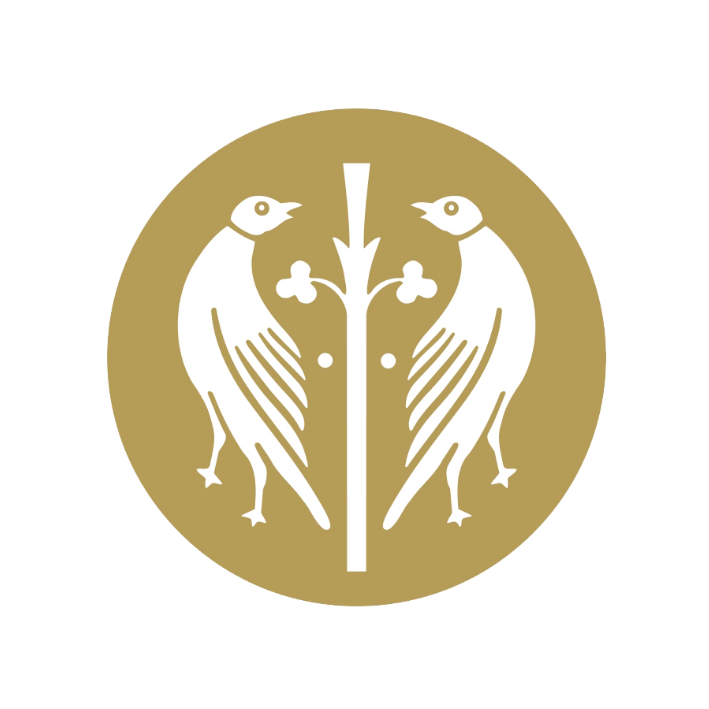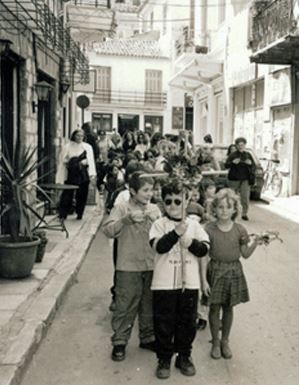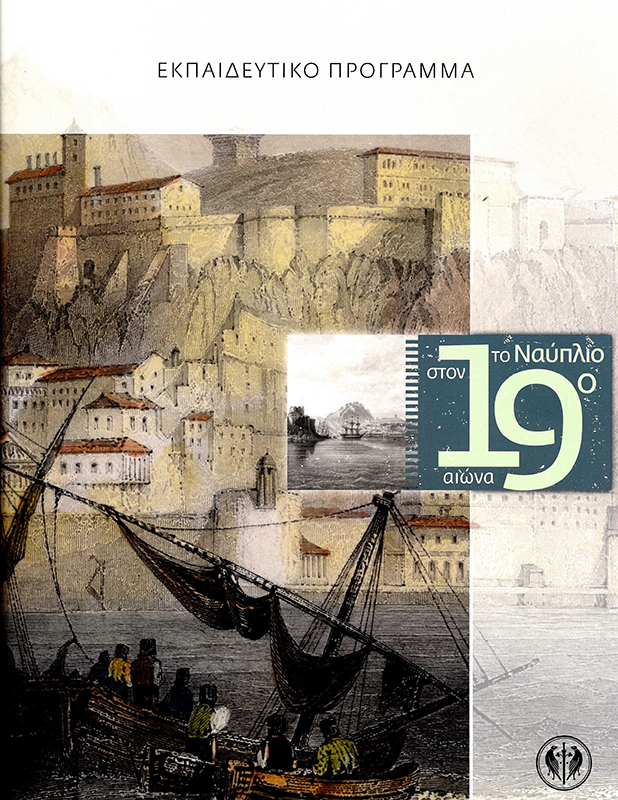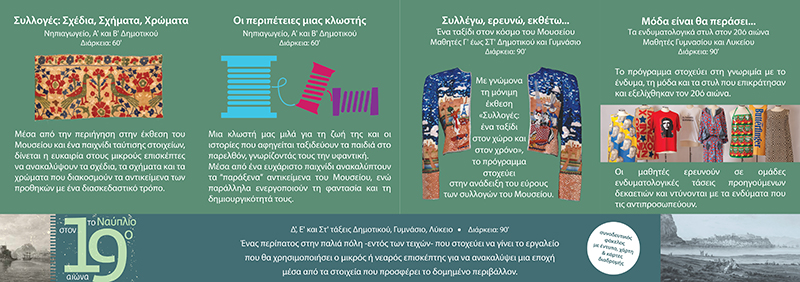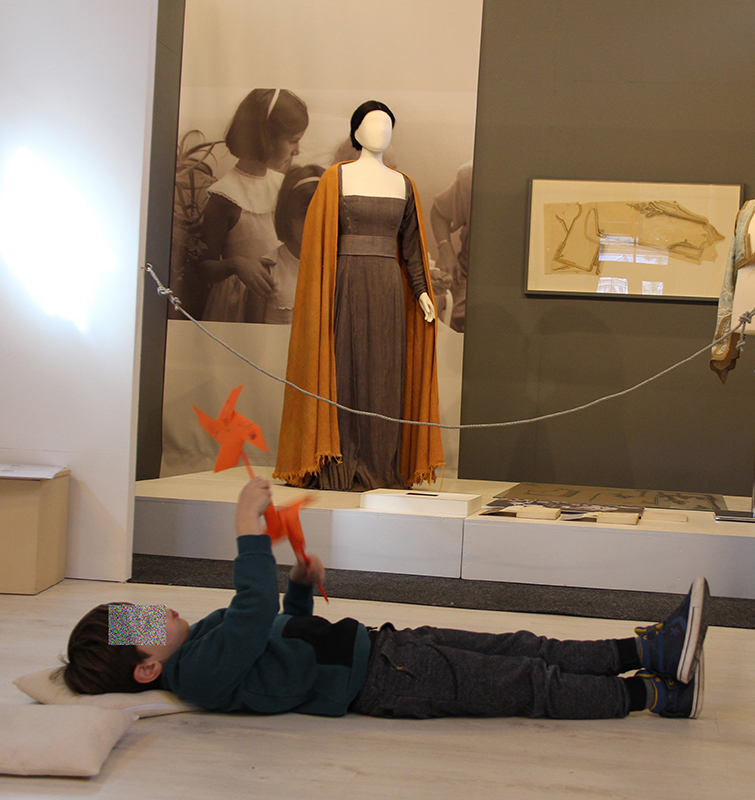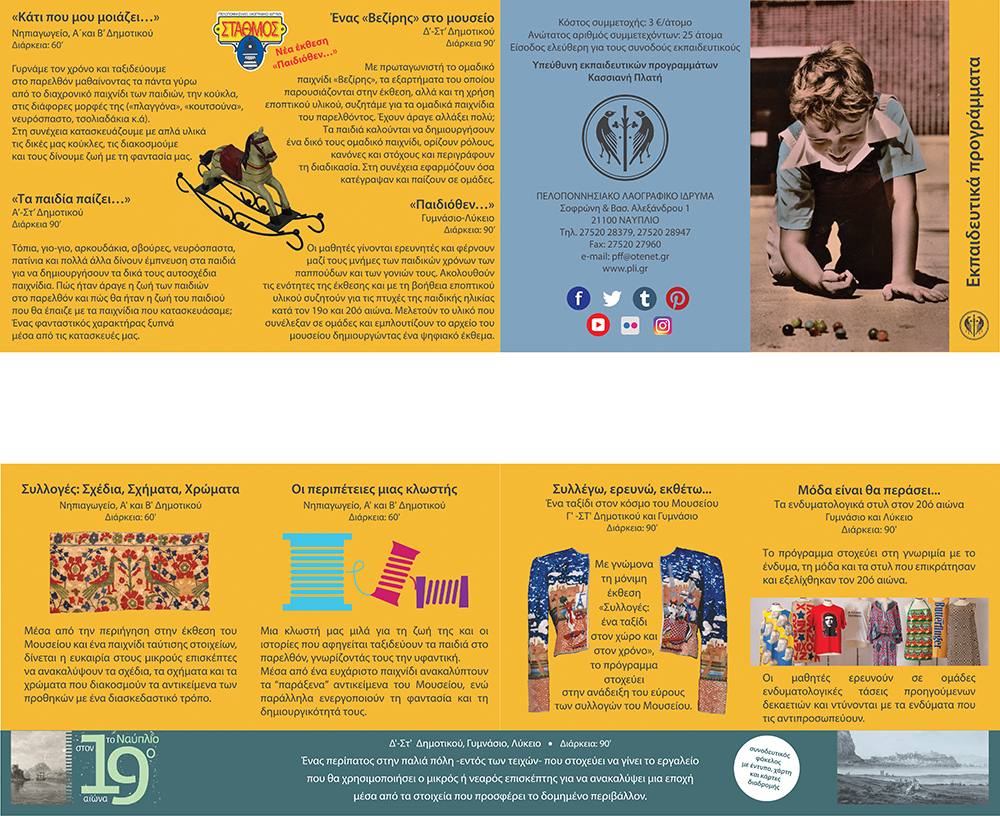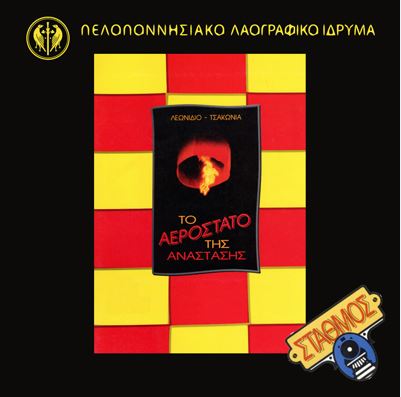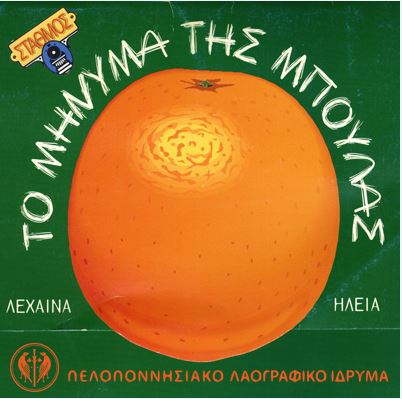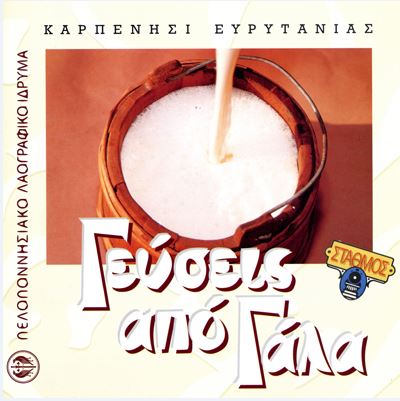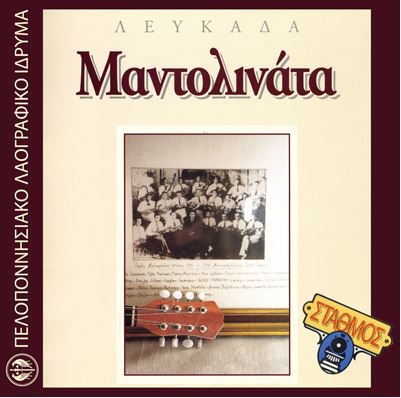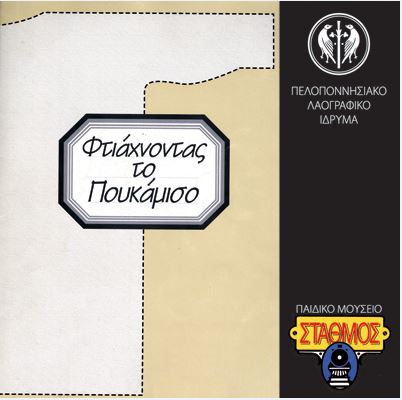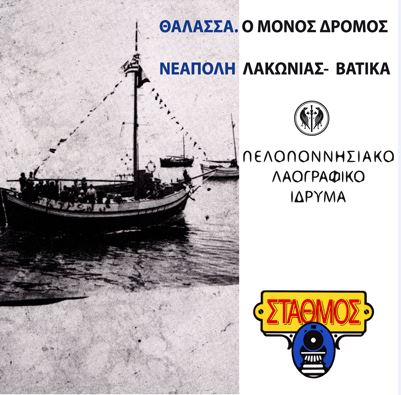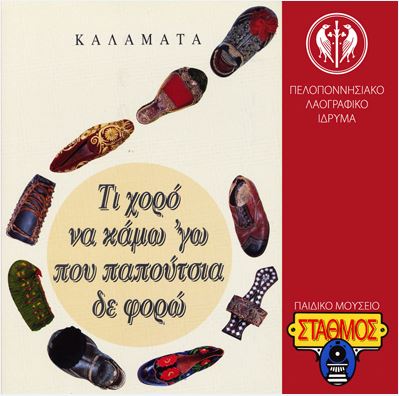The educational programmes of the Basil Papantoniou Foundation (ex Peloponnesian Folklore Foundation) were inaugurated in 1985. They were addressed: a) to schools and organized groups, and b) to the children of the Argolid. The objects displayed in the museum showcases did not speak by themselves, but through the educational programmes offered as a counter-proposal to formal school learning and aiming at the acquisition of knowledge through play. The “object” of study exhibited in a museum was produced in a certain place, at a certain time, within a certain historical context and was addressed to a specific social group. The museum educator is called upon to lead the young visitor on a quest of knowledge playfully and creatively, in a way that will stimulate the child’s senses and interests. The silent exhibits in the museum - products of past knowledge and collective memory - constitute the cognitive starting point from which the young child will proceed towards the future.
The educational activities of the BPF aim to approach a subject both theoretically and practically, by direct experience. This is achieved by the application of a certain educational programme, either within the space of the museum or through the use of educational folders and museum kits.
In 1983, the Basil Papantoniou Foundation established a system of collaboration with specialists in various fields of knowledge, whose task was to assist in the application of the BPF’s educational programmes. The child-beneficiary was thus offered the possibility to obtain specific information on a particular subject. In 1995, the museum began to collaborate, on a steady basis, with the educational departments of other museums, in the context of museum exchanges. Since 1997, the BPF has been cooperating with the “MELINA – Education and Culture” programme in producing educational material, while since 2003, it has participated in the general application of the programme which had been put into practice experimentally, as a pilot project in the Prefecture of Chania, in Crete. The Nafplion Museum has also been collaborating, since 2000, with the Department of the Modern Cultural Heritage (of the Ministry of Culture) in creating educational material dealing with Modern Greek Culture.
The Museum of the future no longer sees itself as merely a storehouse or a show place for the display of precious objects, but believes that its main mission is that of conveying knowledge. It is for this reason that it sets its role as educator above all others.
The Museum of the future no longer sees itself as merely a storehouse or a show place for the display of precious objects, but believes that its main mission is that of conveying knowledge. It is for this reason that it sets its role as educator above all others.
